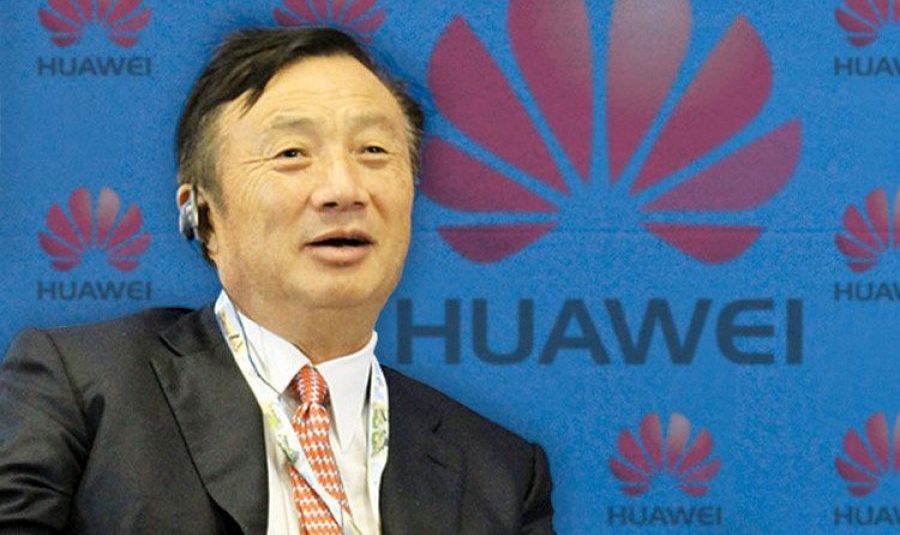
It is a heartbreaking thing for Huawei as it has been knocked by Xiaomi on this week European sales analysis. Huawei celebrates overtaking Samsung to become the world’s number one smartphone maker for the second quarter this year, but that might be short lived. The global sales numbers were driven by the phased coronavirus recovery of Huawei’s and Samsung’s respective key markets, China versus the U.S. and elsewhere. But when it comes to sales numbers, the latest analysis gives Huawei cause for serious concern.
European Smartphone Market Analyst researcher has now released its European sales analysis for that same quarter, finding that not only has Huawei shrunk again down 17%, but, much more worryingly, domestic rival Xiaomi has grown faster, up 65%, knocking Huawei down to fourth place in a region that has been the heartland for its international expansion. The two Chinese rivals sold similar unit numbers in Europe a serious win for Xiaomi.
Huawei doesn’t yet have an answer to Xiaomi. Its acceleration of Huawei Mobile Services, its alternative to Google’s GMS, remains a work in progress. And while the Chinese giant has gone to great lengths to help users restore devices to normality, its Petal Search app finder, for example, there’s little need for consumers to compromise.
However, for the Chinese smartphone market, there was some more good news for Huawei in its home market this week, with reports that its established user base has now overtaken the Apple iPhone. But, again, domestic success cannot sustain Huawei’s thirst for smartphone growth over the long term; it needs the HMS bet to pay off.
Currently, Xiaomi has a huge wide open market to play for. See the post below for proper understanding:
????The European smartphone market decline narrows in Q2 2020, as shipments recover slowly from the impact of strict lockdown. @Apple posted the strongest Q2 ever in shipments while @Xiaomi displaced Huawei to the become the third largest smartphone vendor in Europe. pic.twitter.com/dW3xJLPXGL
— Canalys (@Canalys) August 5, 2020
Source: Forbes




